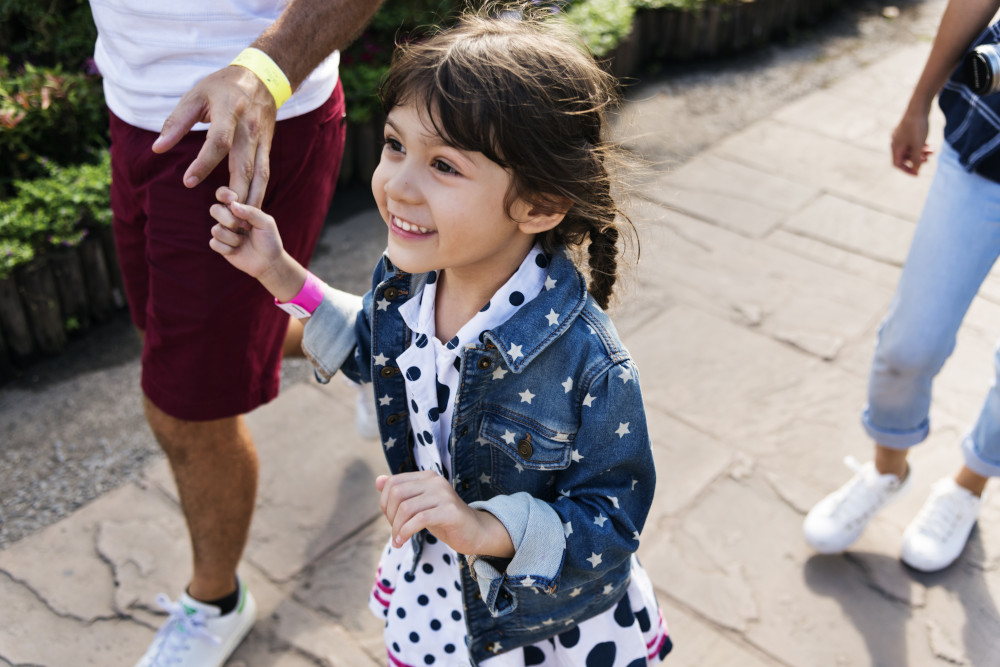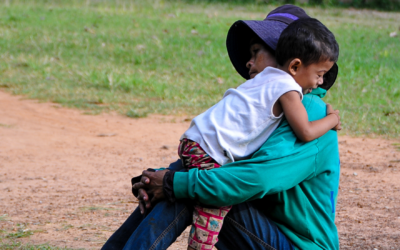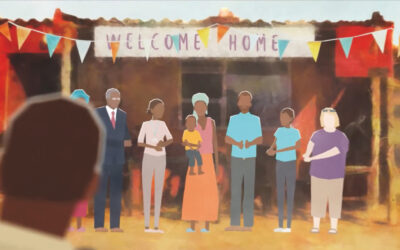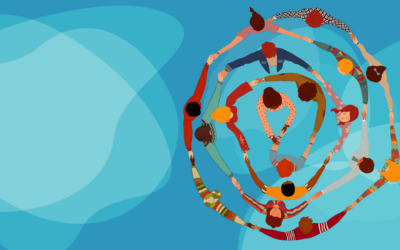The Martin James Foundation’s Vice-Chairman, Dan Croft, reflects on his experiences in voluntary work and why it spurred his commitment to knowing better and doing better to create family -based futures for children.
Are there moments in your life when you thought you were helping, only to realise later you were not?
If your answer is yes, then you’re not alone. I’m right there with you.
Over the last few weeks, our team at the Martin James Foundation have been busy planning and preparing for 2022. The topic of good intentions continues to surface as we plan and take time to examine our motivations and intentions around past decisions.
We all have several stories about when our good intentions caused more harm than help. Truthfully, these conversations are not easy or light. Instead, they provoke feelings of shame and make us all cringe. But if we want to self-reflect and disrupt systems of privilege – and improve our ways of working – we mustn’t let shame or discomfort stand in the way.
Years ago, armed with my good intentions, I travelled to visit an orphanage in Nepal with a group of incredible, well-intentioned people. We all thought that we were helping these children and young people. But as we now realise, we weren’t.
Several members of our team have very similar stories. We grew up believing that supporting and visiting orphanages was necessary and constructive.
But we understand now what we didn’t then: children and young people belong in families, not orphanages.
And here are a few reasons why:
- 8 out of 10 children in orphanages have a living parent that they could be reunited with.
- 80+ years of research have highlighted the lifelong physical, mental, and emotional harm that orphanages pose on young persons.
- Orphanage care is more expensive than family-based care.
- Supporting, visiting or volunteering in orphanages reinforces an outdated model of care, which is proven to harm children.
These poignant words from Maya Angelou often run through my mind, “Do the best you can until you know better. Then when you know better, do better.”
We know that orphanages are not necessary, and families are the best place for children. In 2022, good intentions simply aren’t good enough. We must critically examine our decisions so that they prioritise children’s wellbeing and uphold their human rights.

- Already supporting an orphanage? Don’t stop your support immediately as this could result in a child returning to an unsafe family.
- Research and do your due diligence for organisations that support family-based care.
- Do not visit or volunteer in orphanages.
- Speak with the communities you’re a part of about alternatives to supporting orphanages.
- Increase public awareness about the harm that orphanages cause. Advocate for family-based care by sharing info and posts to spread the message.
- Don’t judge or shame people. We’re all learning.
- Consider the importance of your own identity and family connections in your life and how important these are to children in orphanages as well.
- Question your motives and intentions. Volunteering in orphanages meets our needs, not children’s.
- Would you make this decision here (where you live)? If not, don’t do it somewhere else. For instance, please don’t take pictures with children you don’t know and post them online without informed consent.
- Engage in conversations with us at MJF, the orphanage you support, or reputable organisations that promote family-based care to see how you can support Family-Based Futures.
As we embark on a new year, let’s collectively commit to moving beyond good intentions. Let’s examine our motives and decisions to ensure that we are acting to help children thrive in safe and loving families.



